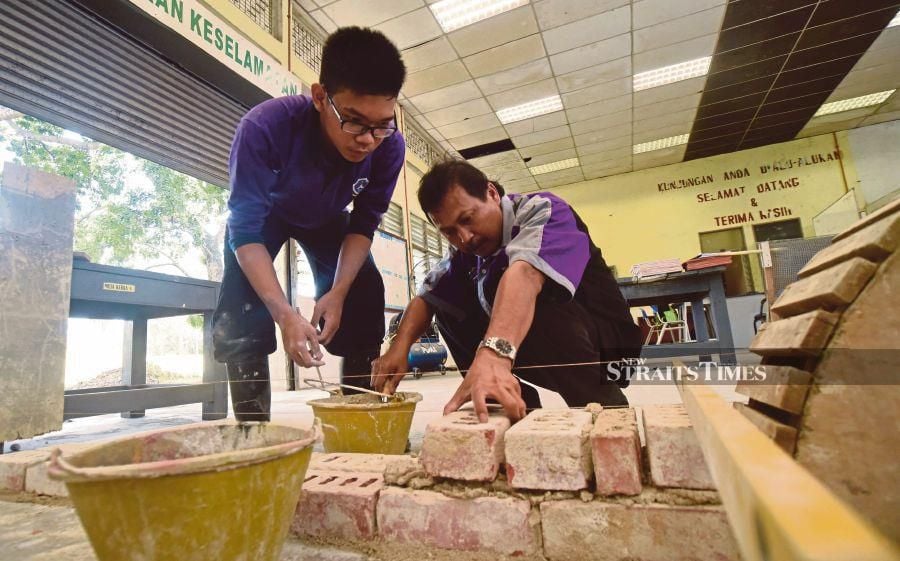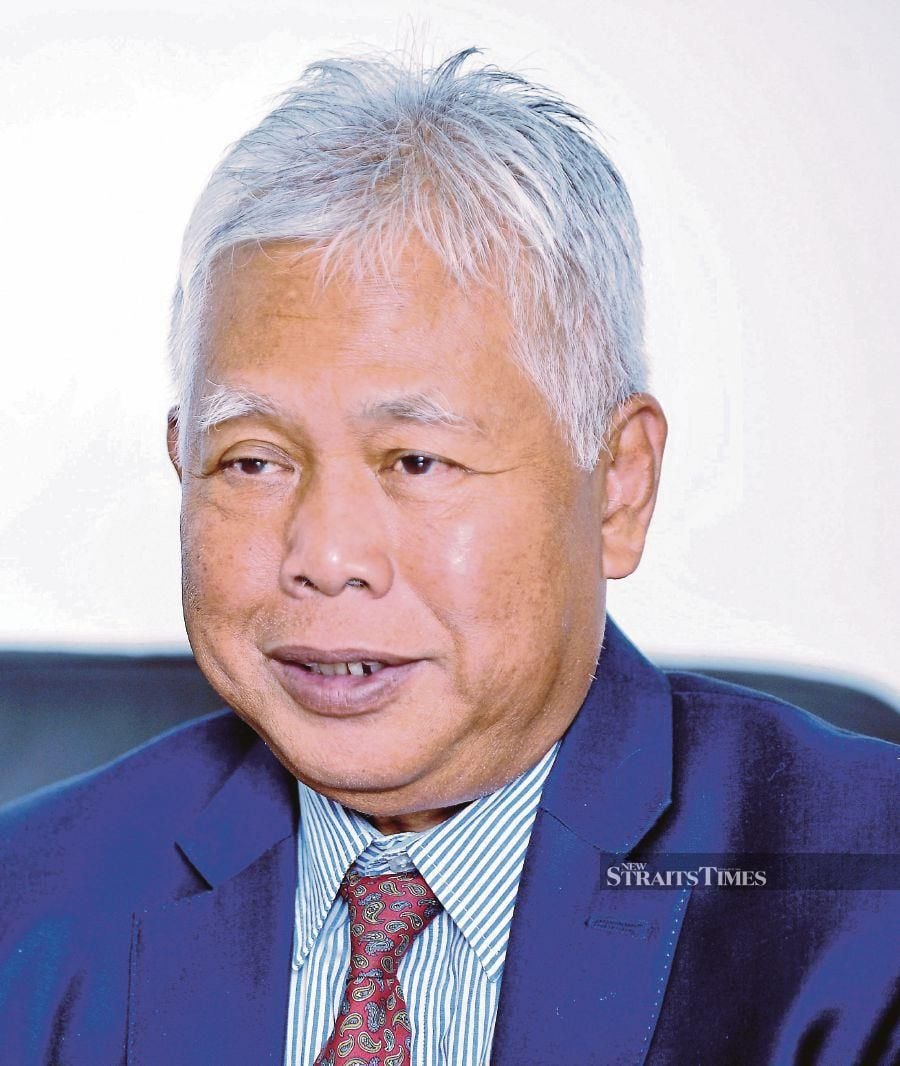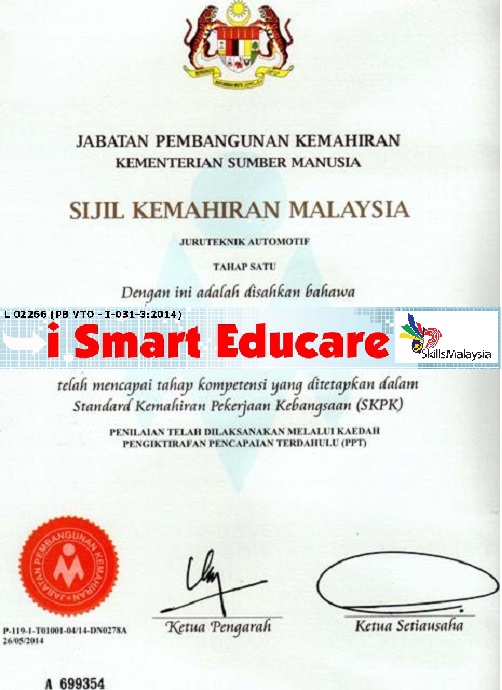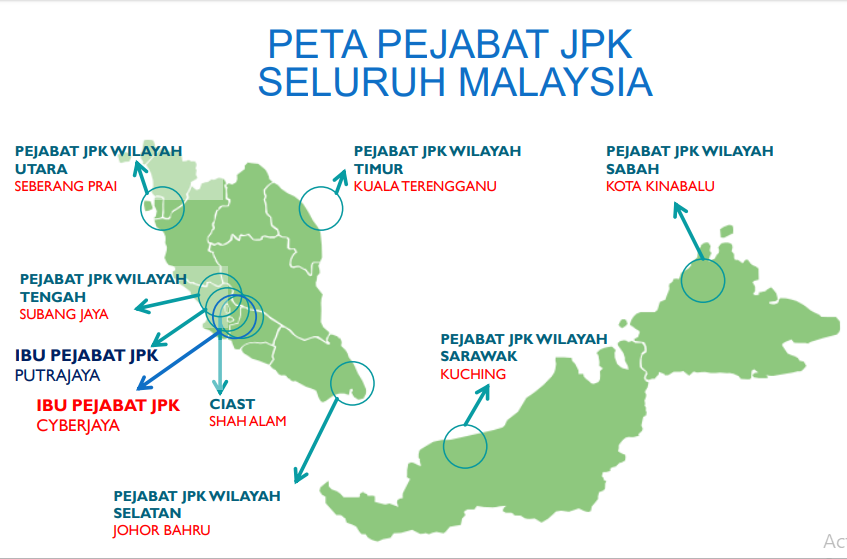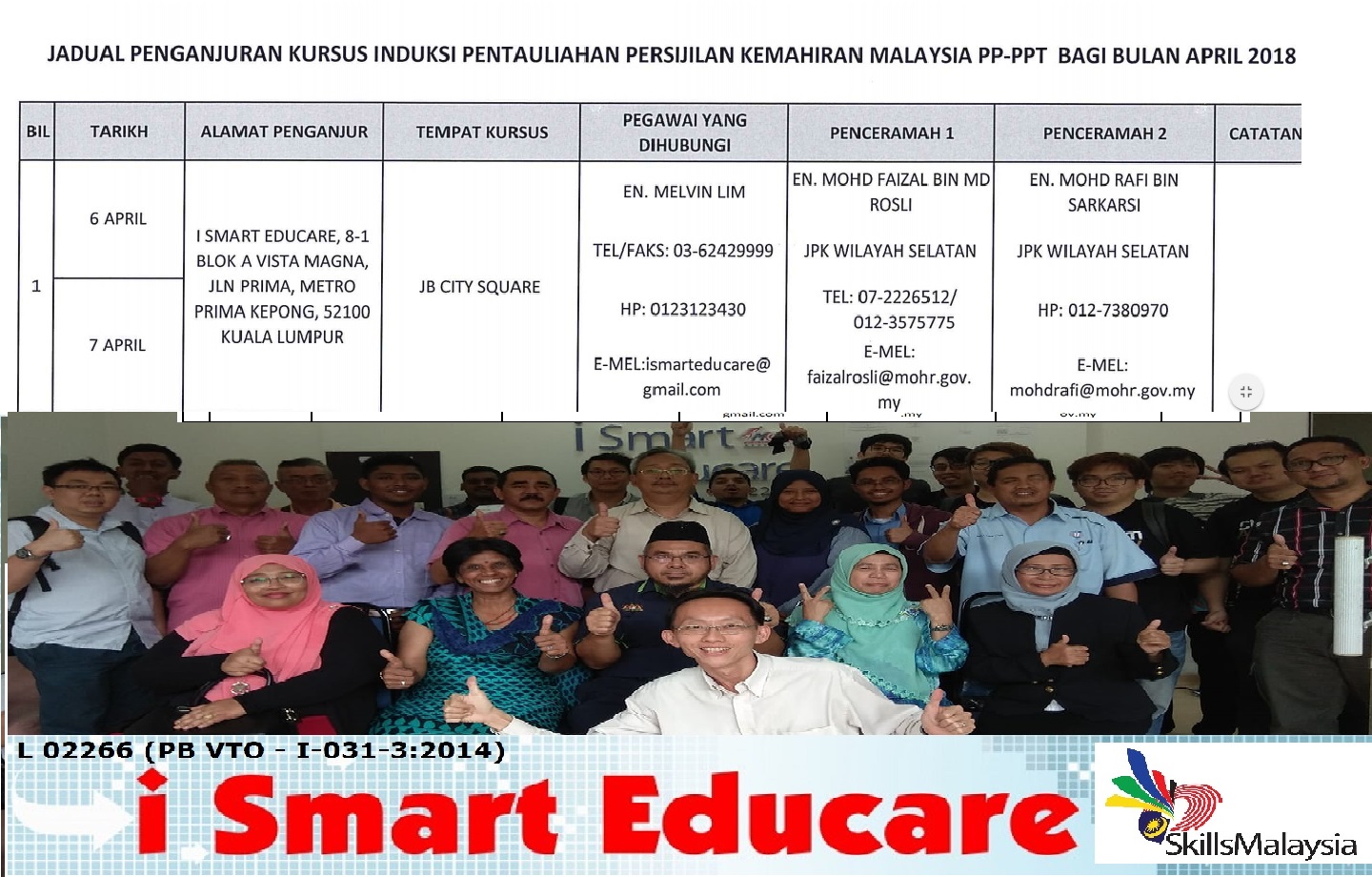
PUTRAJAYA, Oct 24 — The Youth and Sports Ministry today exchanged Statements of Understandings with five entities aimed at forging stronger cooperation between the public and private sectors in developing the Technical and Vocational Education and Training (TVET) industry.
Witnessed by Youth and Sports Minister Syed Saddiq Abdul Rahman, the statements would see the entities play an active role in increasing career opportunities within the sector by offering spots for education and training, while offering technical advice to the ministry.
Among the signatories were Volvo Malaysia Sdn Bhd, Sapura Secured Technologies Companies, Malaysia Industry Association, the Malaysian Resources Corporation Berhad, with the cooperation of the Malaysian Prison Department.
Syed Saddiq later stressed the importance of offering former juveniles and minor crime offenders a second chance to reassimilate into society, saying one solution would be to retrain and up-skill them in opportunities within the TVET industry.
“For those who have been categorised as Individuals Under Observation, Henry Gurney leavers, we will give them a special route for them to be trained so in the end, despite them having a record, but they would be trained, re-skilled and up-skilled.
Henry Gurney Schools were set up under the Juvenile Courts Act 1947 to care for young offenders and provide formal education and rehabilitation for juvenile inmates.
“In the end they are able to be placed in companies that we share a relationship with for the TVET program,” he said after launching the SKIL 19’ Skills Symposium at the Youth and Sports Ministry Podium hall this morning.
Syed Saddiq said this and other efforts would be part of his ministry’s two pronged program, MyFuture Youth and MyFuture Youth Plus, aimed at offering reactive programs for former offenders, and proactive programs for youth who are classified within the risky category.
“For those who are in danger of falling into the group of high risk youths, we will put them through an early intervention program with special routes into TVET programmes.
“There will be long and short courses, and in the end they will be offered a job,” he explained.
He also mentioned the importance of the government’s willingness to accept former offenders into the public service, saying such steps have been brought to the attention of the Cabinet.
The Muar MP also revealed amendments to public service requirements are currently being worked out by the Chief Secretary that will see a leeway be added to consider former offenders to enter the civil service.
“This is important because if we see for those who have been jailed before, and those from Henry Gurney, about 50 to 60 per cent are youth, and a majority of them have committed minor crimes.
“But, because they don’t have targeted assistance, and if we forget or sideline them, they will go back into the community and society where their family also does not take them seriously, and not have a job, no direction in their life.
“If we (the government) are also not willing to help out, in the end they will reoffend and reenter into the same system,” he said.
Syed Saddiq stressed on the importance of breaking their cycle of crime and to offer them a second chance to assimilate back into and be a useful member of a developing society.
Additionally, the minister also added how the negative and derogatory perception towards the TVET industry should stop, and instead instil the culture of treating them as equals on par with graduates from public universities.
“If we see in Germany, the youth there are educated from a young age to understand that TVET is on par with those from public universities.
“In Malaysia, we have to instil this culture into the hearts and minds of the youth, and also the parents, as this is important to ensure that TVET will always be one of the most important growth sectors in the new Malaysia.
“But realising that dream would be impossible without the close cooperation between industry players,” he added.
Source: https://www.malaymail.com & https://www.staronline.com
Comment: Despite facts & figures showing that TVET graduates have high employability (Eg 83% for Kolej Vokasional graduates), it will still take very long time for the society to change their negative perception towards TVET.
Well, why is that so? Among them, not limited to:
1. Most of the those that took up TVET courses are because they are academically poor & have no where to go (minority do have good academic grades too)
2. TVET jobs are generally low paying, especially in the initial years.
However, with recognised certification, experience & good communication + people skills, income can reach 5 figures, eg like chefs, underwater welder, piping expert (O&G industry) or operating own business like dressmaking, hairdressing & beauty salon, automotive workshops.
3. Lack of coordination between TVET institutions and industry on industrial needs also produced mismatch skills of TVET graduates, hence lower pay.
Solutions?
1. It’s ok if you, as a TVET graduate that doesn’t have SPM or fared poorly in academics, you’re now given a second chance to further to University for tertiary studies.
You may either pursue technical (Bachelor of Technology with Malaysian Technical University Network) or management related (Professional Diploma or Executive Bachelor) qualifications.
2. If you’re in the TVET industry without proper certification, you should consider to get your skills recognised via the Pengiktirafan Pencapaian Terdahulu (PPT/RPEL).
3. If you’re planning to study TVET courses, advisable to register at those that offers recognised certification like Sijil Kemahiran Malaysia (SKM), which are also warmly welcomed in many foreign countries for employment.
